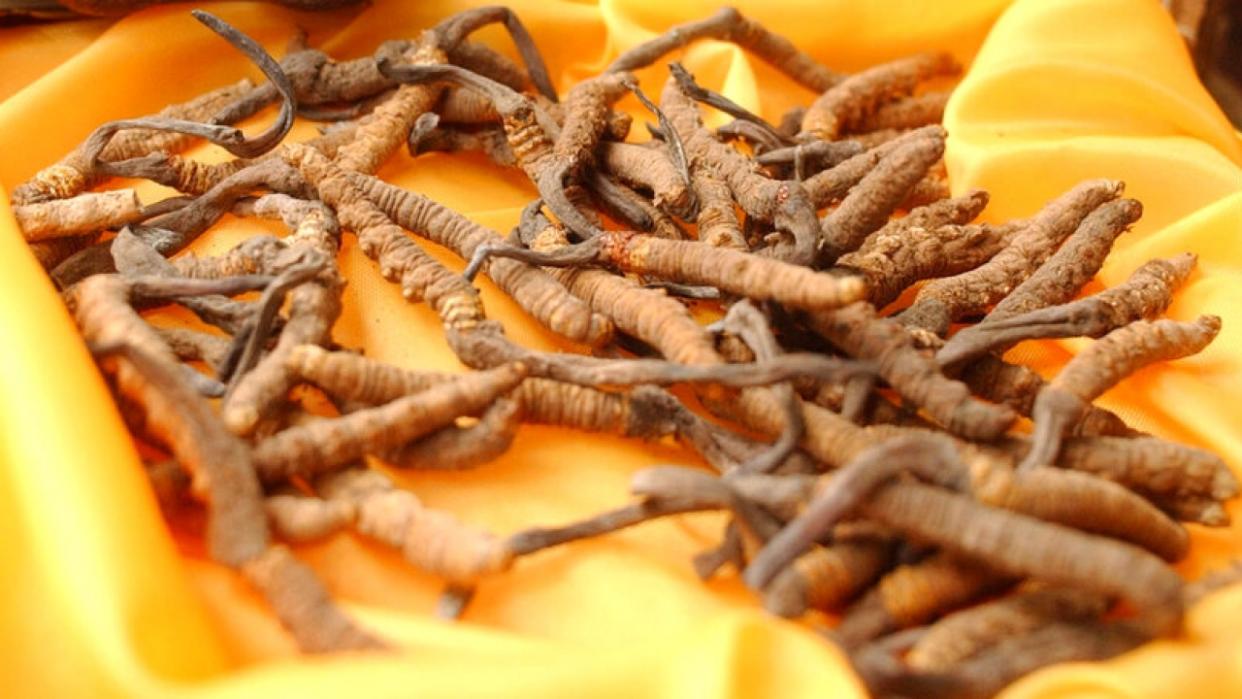The beneficial role of 'Zombie Mushrooms'

As the Outreach and Education Coordinator for the Department of Agricultural Biology at Colorado State University, entomologist Maia Holmes is big on changing minds about all things bug.
"I frequently say everybody likes insects. They just haven't figured it out yet," she said.
At her university's Bug Zoo, her resident arthropods work as her ambassadors to open others up to the fascinating world of entomology. Recently though, this world and the world of pop culture has collided, and has been throwing a lot of questions her way.
"I talk to people about entomology for a living, so I'm always excited when people wanna talk back to me about it," said Holmes.
Thanks to the hit HBO show "The Last of Us," Cordyceps have been getting a lot of attention. In the show, they're a species of fungi that take over the brains of humans, throwing humanity into a dystopian spiral.
The Cordyceps fungus is real — but its target isn't us.
"They burrow their way through that sweet exoskeleton that arthropods have, and then hijack their nervous system," explained Holmes. "It does really happen in arthropods. It doesn't necessarily happen in anything else."
SEE MORE: Experts weigh in on microdosing psychedelic mushrooms
We can thank our extremely complicated nervous system for that.
Bugs don't have a brain as advanced as ours, and they way their bodies work makes them very susceptible to be turned into one of the "infected."
And as bad as they are for bugs, these fungi are actually beneficial to us.
Holmes says there are many different kinds of Cordyceps and each type only impacts one species of bug, which makes Cordyceps a very powerful pest control tool for both agriculture and home use.
"You can get the spores for those Cordyceps that affect those ants and termites and use those and not have to worry about it impacting anything else in your house," she said.
She says that there are scientists working on developing Cordyceps for different invasive species, harnessing their "zombifying" power to get rid of bugs that don't belong, like the notorious spotted lantern fly, and leave indigenous species alone.
As far as Cordyceps ever making the leap to be able to crack our complicated nervous system: Holmes says we're going to be just fine, and hopes that the new spotlight encourages others to get into her field.
"There's so many different weird, cool little stories about our planet that you can tell through entomology and mycology, so I think it's really exciting and fun," she said.
